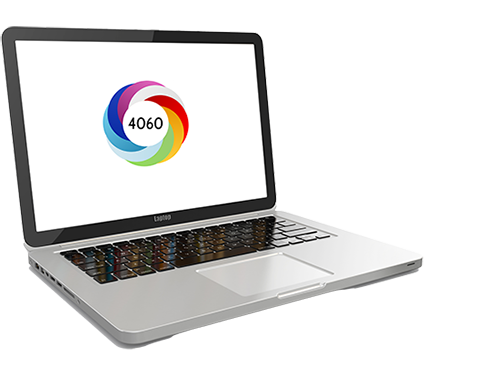Research metrics provide one way to measure the uptake of your work. They provide evidence of your performance in your academic field, and can help describe your contribution and value to the university, the economy and society.
Use metrics to:
- provide supporting evidence for research grants and academic promotions
- determine your publishing strategy (for example, where you choose to publish)
- benchmark and assess your research performance against peers
- validate your work by demonstrating the range of uptake by others
- build a profile to progress your career.
You can also use metrics to help identify key researchers and research trends in your field.
Understanding the impact of your research to society requires a different approach.
Research Impact Hub (staff only)
Leading industry, protecting the environment, changing policy and practice, Griffith research projects with real and measurable impact make a better world.
Support grants and promotions
Use research metrics to support your claims in grant and promotion applications.
Commonly used metrics include:
- number of publications
- career citation count
- citations per publication
- percentage of publications cited
- h-index.
Other measures include:
- your reach, both interdisciplinary and international
- comparison with other articles/publications in the same discipline
- engagement with your research by others on social media
- your influence on public policy.
Find metrics
The best tool is often discipline and research output-dependent.
Use metrics responsibly
It is important to combine a variety of metrics with qualitative evidence to demonstrate your research value. Metrics should be used critically and cannot replace the informed judgement of peers.
Evidence can take many forms and will be highly dependent on the aims and outcomes of an individual research project.
The Leiden Manifesto for research metrics outlines ten principles to guide research evaluation. The San Francisco Declaration on Research Assessment similarly outlines a range of issues to keep in mind when using research metrics.

Write it up
Create a narrative to give context to your research metrics. A coherent story conveys the reach of your research better than numbers alone.
For example:
Since 2002, Dr. ABC has published 48 peer‐reviewed manuscripts with 92 unique coauthors, representing 86 institutions, including two authorship groups from eight countries. Dr. ABC is first author on 21 manuscripts and sole author of five works. The manuscripts have been published in 28 journals representing 15 research areas including hematology, pathology, emergency medicine, cardiovascular cardiology, and toxicology. To date, Dr. ABC's manuscripts have been cited over 1,000 times by 698 other manuscripts by authors from 18 countries in five languages. Each one of Dr. ABC's manuscripts has at least five citations.
Source: Carpenter CR, Cone DC and Sarli CC (2014) 'Using publication metrics to highlight academic productivity and research impact', Academic Emergency Medicine, 21(10):1160-1172, doi:10.1111/acem.12482
Remember
- Check your research funder’s instructions and requirements
- Use a graph or visualisation to help tell your story
- Highlight your career progression and trajectory
- Update data regularly
- Include the retrieval date and the data source
- “Scopus, 30/06/2020…”
- Use one data source consistently
- “Based on Scopus data Dr ABC’s metrics are…”
- Use metrics to support your narrative, not to drive it
- Avoid a combination of sources
- “With 56 publications in Google Scholar and an H-Index of 10, the FWCI (Scopus) for my top paper is…”
How-to videos
Watch the videos to learn how to find useful metrics. Navigate through the videos using chapters.
Find metrics with InCites
Find your top publications
Get started with SciVal
Ask the library
We are here to help!
Find us in the libraries or contact us by phone or online.
Copyright matters
Find information and support for all aspects of your copyright compliance obligations.
eResearch services
For help with your research technology, data science and technical infrastructure needs.
Office for research
For help with research grant funding opportunities, ethical and IP matters.
Workshops
Attend a workshop targeted to support you throughout the research lifecycle.
Griffith research online
Make your research visible and open using the University repository.